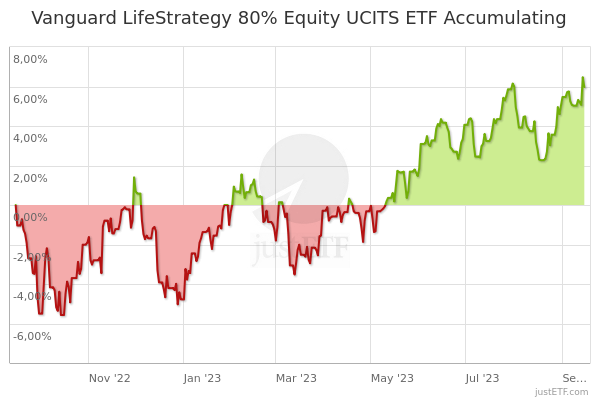
Unraveling the Link Between Adderall and Depression
Introduction
In recent years, the use of Adderall, a prescription medication primarily used to treat attention deficit hyperactivity disorder (ADHD), has been a topic of intense discussion. While it’s known for its effectiveness in improving focus and concentration, there have been concerns about its potential to cause depression. In this article, we delve into the complexities of this issue, exploring the relationship between Adderall and depression, the underlying mechanisms, and the factors that contribute to the debate.
Understanding Adderall: Its Uses and Mechanisms
What is Adderall?
Adderall is a prescription stimulant that contains a combination of amphetamine and dextroamphetamine. It is commonly prescribed to manage ADHD symptoms, such as inattention, hyperactivity, and impulsiveness. The medication works by increasing the levels of certain chemicals in the brain, namely dopamine and norepinephrine, which play crucial roles in attention and impulse control.
The Positive Effects of Adderall
When taken as prescribed, Adderall can have remarkable benefits for individuals with ADHD. It can enhance focus, cognitive performance, and productivity. Many individuals report experiencing increased alertness and the ability to complete tasks with greater efficiency.

The Controversy: Can Adderall Cause Depression?
The potential link between Adderall and depression has sparked significant debate among medical professionals, researchers, and patients alike. While the medication’s primary purpose is to improve focus and attention, some individuals have reported feelings of sadness, low energy, and even depression while taking Adderall.
The Complex Relationship: Potential Mechanisms
The relationship between Adderall and depression is complex and multifaceted. Researchers propose several potential mechanisms that could contribute to the development of depressive symptoms in some individuals who use Adderall.
Neurotransmitter Dysregulation
Adderall affects neurotransmitter levels in the brain, including dopamine and serotonin. Dopamine is associated with pleasure and reward, while serotonin is linked to mood regulation. Prolonged use of Adderall could potentially disrupt the delicate balance of these neurotransmitters, leading to depressive symptoms.
Hormonal Impact
Adderall use can also affect hormone levels in the body. It may lead to increased levels of stress hormones such as cortisol, which, when elevated over a prolonged period, could contribute to the development of depression.
Neuroinflammation
Emerging research suggests a connection between chronic inflammation in the brain and the development of depression. Some studies indicate that long-term use of stimulants like Adderall could potentially trigger neuroinflammation, thereby increasing the risk of depressive symptoms.
Navigating the Debate: Factors to Consider
Individual Variability
Not everyone who takes Adderall will experience depressive symptoms. Individual variability plays a significant role in how different people respond to the medication. Factors such as genetics, underlying mental health conditions, and dosage can all influence whether someone is more susceptible to depression while taking Adderall.
Comorbid Conditions
It’s essential to consider that many individuals prescribed Adderall may already have underlying mental health conditions, such as anxiety or depression. Untangling whether the medication itself is causing the symptoms or if it’s exacerbating an existing condition can be challenging.
Conclusion
In the discourse surrounding Adderall and its potential to cause depression, there is no one-size-fits-all answer. While some individuals may indeed experience depressive symptoms while taking Adderall, others may find immense relief from their ADHD symptoms. The key lies in careful monitoring, open communication with healthcare providers, and a thorough understanding of one’s own body and mind.
FAQs
1. Can Adderall be a direct cause of depression?
While there is no conclusive evidence that Adderall is a direct cause of depression, there are cases where individuals have reported experiencing depressive symptoms while using the medication.
2. How can I tell if Adderall is affecting my mood?
If you notice persistent changes in your mood, energy levels, or overall well-being while taking Adderall, it’s essential to discuss these changes with your healthcare provider.
3. Should I stop taking Adderall if I experience depressive symptoms?
No, you should never stop taking any prescribed medication without consulting your healthcare provider. If you’re concerned about the effects of Adderall on your mood, talk to your doctor to explore potential solutions.
4. Are there alternative treatments for ADHD?
Yes, there are alternative treatments for ADHD, including behavioral therapy, counseling, and other non-stimulant medications. It’s best to work with your healthcare provider to determine the most suitable treatment plan for your specific needs.
5. How can I manage potential side effects of Adderall?
To manage potential side effects, including mood changes, it’s important to maintain open communication with your healthcare provider. They can provide guidance on dosage adjustments or additional interventions if needed.
Focus Keywords: Adderall, Depression Link
SEO Title:
Slug: adderall-depression-link
Meta Description: Explore the complex relationship between Adderall and depression, including potential mechanisms, factors to consider, and individual variability.


Pingback: Short Bedtime Stories for Adults to Fall Asleep: A Tranquil Journey to Dreamland - Wise Financial Cents Blog